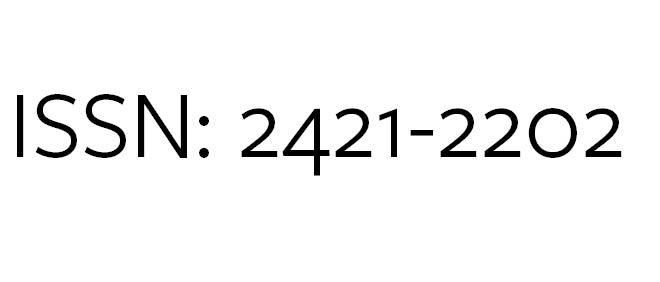Interviste
Interviews
a cura di Annamaria Di Fabio
Università degli Studi di Firenze
Prof. Marc A. Rosen –Faculty of Engineering and Applied Science, University of Ontario Institute of Technology, Canada, international point of reference for the Science of Sustainability and Sustainable Development
1. The Sustainability Science: when and how was it born?
It is hard to say precisely when and how the field of Sustainability Science was born. It was preceded by the coming to the fore and popularization of the term sustainable development in 1987, with the publication of the Brundtland report (formerly the Report of the World Commission on Environment and Development: Our Common Future). The report was prepared by the Brundtland Commission, with a mission to unite countries to pursue sustainable development together. The term sustainable development was coined as development that meets the needs of the present without compromising the ability of future generations to meet their own needs.
The field of Sustainability Science emerged in the very early 21st century as a new academic discipline. One point of origin occurred in Amsterdam in 2001, where this new field was introduced at the World Congress "Challenges of a Changing Earth 2001". The field reflects, among many objectives, the need for a strong analytic and scientific underpinning, across disciplines including the natural and social sciences, engineering and medicine.
2. What are the new challenges and future perspectives of Sustainability Science?
There are many challenges facing Sustainability Science. One is to make the discipline broadly inclusive of all relevant fields, be they technical or not. Another is to clarify the meaning and intent of the terms sustainability and sustainable development, across the disciplines, so that a common understanding evolves. Furthermore, we need to develop measures and metrics to assess sustainability. Finally, experts need to find a way to get the general public to understand and support the aims of sustainability and sustainable development.
The future perspectives of Sustainability Science in part include addressing the challenges described above. But most of all, I feel the future of the discipline of Sustainability Science involves formalizing its scholarly structure while at the same time communicating persuasively with the general public about the importance of sustainability and sustainable development.
3. Which promising exchanges are occurring in the dialogue with psychology and with the new research area of the psychology of sustainability and sustainable development?
As I noted earlier, the field of Sustainability Science reflects, among many objectives, the need for a strong analytic and scientific underpinning, across disciplines including the natural and social sciences, engineering and medicine. This includes the need to incorporate the discipline of psychology, as it helps understand the motivations of people and what it may take to garner support for actions to promote sustainability and sustainable development. Research in the area of the psychology of sustainability and sustainable development is therefore of great importance. Not accounting for this discipline can in some ways account for some of the difficulties and failures in raising support in the general populace for activities in line with enhancing sustainability and making development more sustainable. For this reason and others, I am excited to see the emergence of the psychology of sustainability and sustainable development, led by such proponents as Professor Annamaria Di Fabio of University of Florence, as I think it is an important step forward.
Note
1 A
© 2017 Edizioni Centro Studi Erickson S.p.A.
ISSN 2421-2202. Counseling.
Tutti i diritti riservati. Vietata la riproduzione con qualsiasi mezzo effettuata, se non previa autorizzazione dell'Editore.



